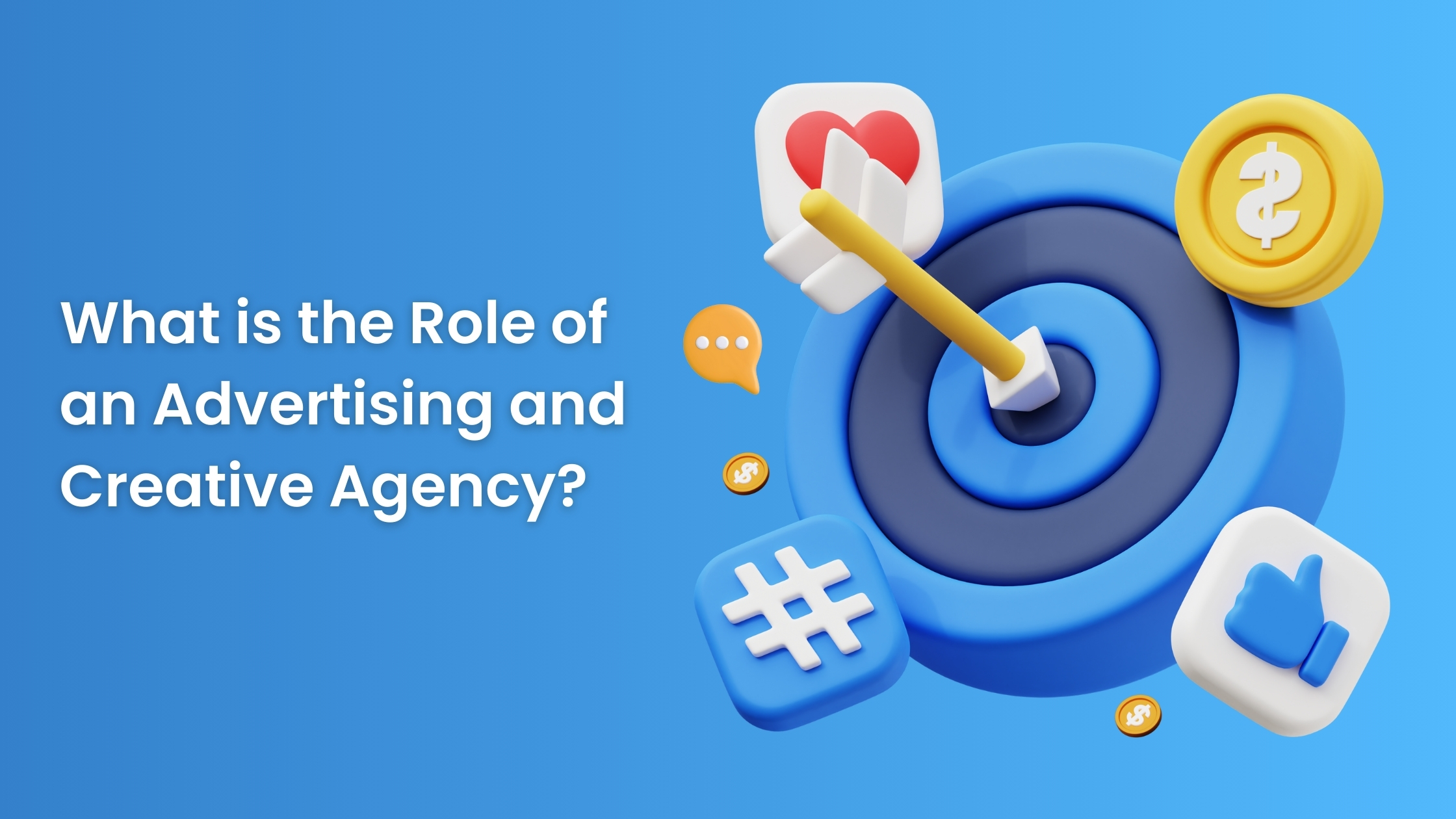
10 tips to follow before starting your dream Startup
#1 Plan in detail your business strategy
A few points to note during this planning phase –
Fix your vision for your start-up business
The clearer your vision shall be, the easier you’ll find to navigate the entrepreneurial learning curves.
Do detailed product research and market feasibility
Holistically judge without bias if your product has a need amid its target audience and then analyze if your product is a good fit – whether there’s a monopoly giant or many smaller sharks preying around, how your product can shun out its rivals, etc.
Selling viability of your product
It’s a must to check the viability of your product with regards to production price & selling cost.
Growth plan
Do a detailed business growth plan that includes objectives, strategies & plans for achieving the targeted profit limits. Typically, growth plans span over a year or two, the short-term growth plans are designed to implement growth strategies in every business quarter.
#2 Competitors’ study
As important as planning, is this phase where you do a thorough analysis of your market competitors and reverse-engineer their pros and cons.
As they say – “Keep your friends close and your enemies closer”, doing an in-depth competitor analysis will get you information much faster – selling channels and audience of your competitors, their USPs, flaws, their general pricing range, etc.

#3 Goal set-up
Start lean – don’t try to amp up every service/product feature at once. Begin with a POC or prototype product, and do a thorough market testing of the service before finalizing the wholesale & B2C price ranges and selling platforms.
Your goals must embody your short-term as well as your long-term vision. You always have to have small-term ones to keep earning revenue and stay alive and with long-term goals, you can target brand recall and goodwill.
A start-up is ultimately an infinite game!

#4 Brand Name & Positioning
The most important factor that genuinely determines how your start-up business will operate in the future. Due to limited resources, you might not choose the direct road and go for out-and-out marketing of your brand when you’re a start-up, but you can take a detour by choosing a name that stands out from the crowd and developing a positioning statement that will make people confidently trust in your goods and services right away.
#5 Background story
As always, Content is King and as a brand, you shall need an engaging back story with which people can connect easily. Taking the help of trending keywords to integrate into your brand’s voice, will certainly increase your brand’s acceptability among its target audience.
#6 Design Communication
As a start-up, remember not to design anything without a purpose. All start-ups are problem solvers. If the problem is not there, then the existence of a start-up will be in trouble. So, while designing & communicating anything, ensure that this should reach the right audience in the right way and solve their issues with ease.
#7 Lack of Trust Factor
Although India is currently undergoing a start-up boom, the stark truth of the situation is that there’s still a general hesitation in accepting startups as trustable long-term businesses. Hence there lies a huge gap between successful start-ups vs luck-by-chance ones.
So, be persistent, have strong on-point offerings, and keep gathering experience and great client testimonials.

#8 After-sales service is also important along the sales
It may be challenging to attract customers for a start-up firm, and after you have them on board and meeting their expectations, it can be even more challenging to maintain that relationship. Therefore, you should always be prepared for operational issues, problem-solving SOPs, and constant communication while planning your business.
#9 More satisfaction more new clients.
In start-up cultures, new business leads are often generated through customer references.
So, serving 1client properly is equal to 10 new potential clients from the same customer.
#10 Cost-effective marketing plan
Funding is often an issue for new businesses. Therefore, it should be your obligation to conduct adequate marketing research and develop an affordable medium to communicate for a longer length of time.
Owners of new businesses should think – Money saved as money earned.
So, now that you have the basic knowledge of how you can safeguard your start-up from entrepreneurial mistakes, go out & find your voice!






